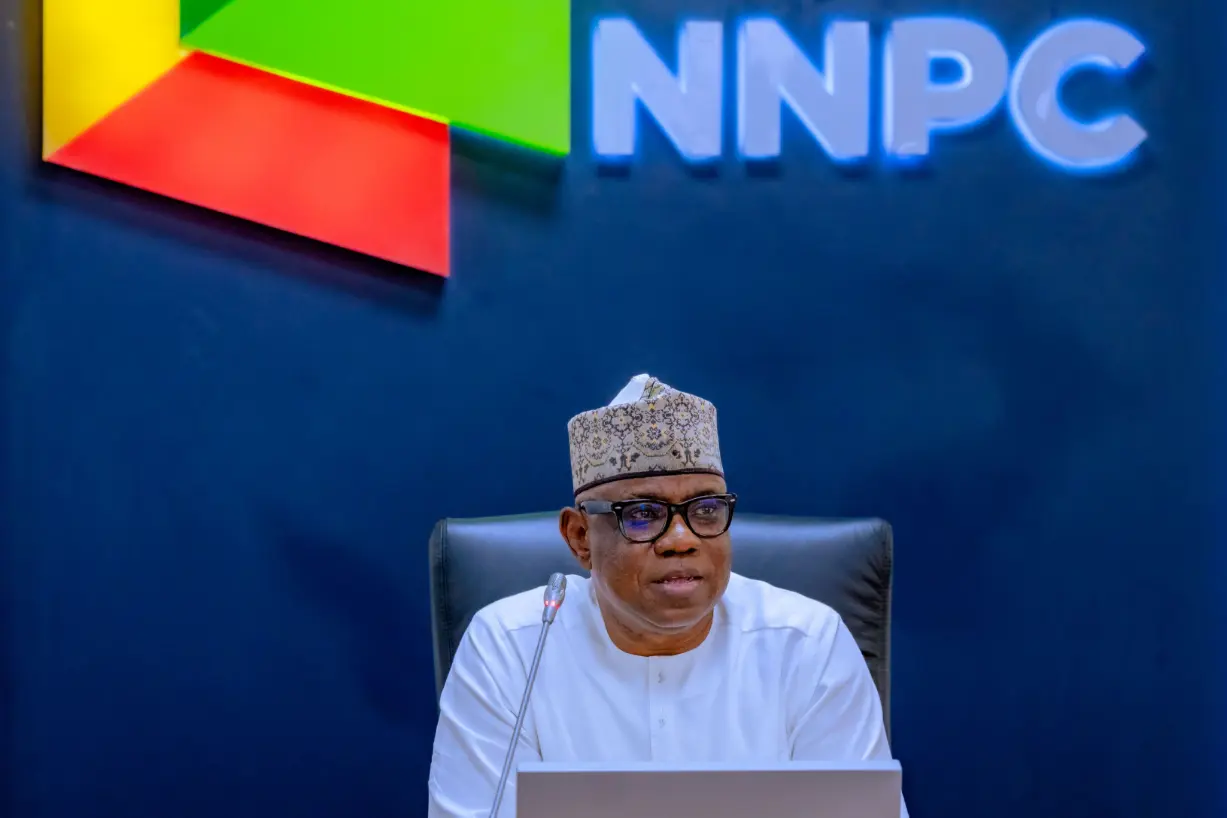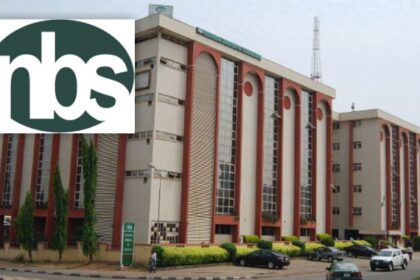Nigeria’s state oil company, the Nigerian National Petroleum Company Limited (NNPC Ltd.), says coordinated security efforts have nearly eliminated crude oil theft from pipelines, a breakthrough expected to boost the country’s production capacity and revenues.
Speaking at a regional security forum in Abuja on Monday, NNPC’s Group Chief Executive Officer, Bayo Ojulari, said the progress was the result of intensified collaboration between the defence and intelligence agencies.
“Three years ago, as little as 30% of oil sent through some pipelines made it to Nigeria’s export terminals,” Ojulari recalled. “Today, I can proudly report that our pipeline and terminal receipts are attaining close to 100%.”
Ojulari noted that the country had suffered severe losses in revenue as theft crippled exports, forcing international oil firms to delay or shelve projects. He described the improvement as a turning point, particularly for the Niger Delta, the hub of Nigeria’s oil infrastructure.
“Security has been strengthened, especially in the Niger Delta,” he said. “The truth is, this illicit trade was never just a local problem. It involved sophisticated international syndicates exploiting weaknesses in both national and regional security frameworks. That is why we had to respond with equal sophistication.”
The NNPC boss said the company will remain vigilant to ensure the gains are sustained. “What we are seeing now is proof that when institutions work together with determination, the enemies of progress can be defeated,” he added.
Nigeria, Africa’s largest oil producer, has long battled widespread oil theft, which international watchdogs estimated had drained billions of dollars from government coffers annually. The latest development comes as the country seeks to regain investor confidence and ramp up crude output.
At an oil conference last week, the Nigerian Upstream Petroleum Regulatory Commission projected that with the improved security and faster project approvals, Nigeria’s oil production could rise above 2.5 million barrels per day in 2026.
“This is the kind of stability investors have been waiting for,” Ojulari said. “We cannot afford to slip back. Every barrel secured is money for Nigerians, jobs for our people, and confidence for the future.”





